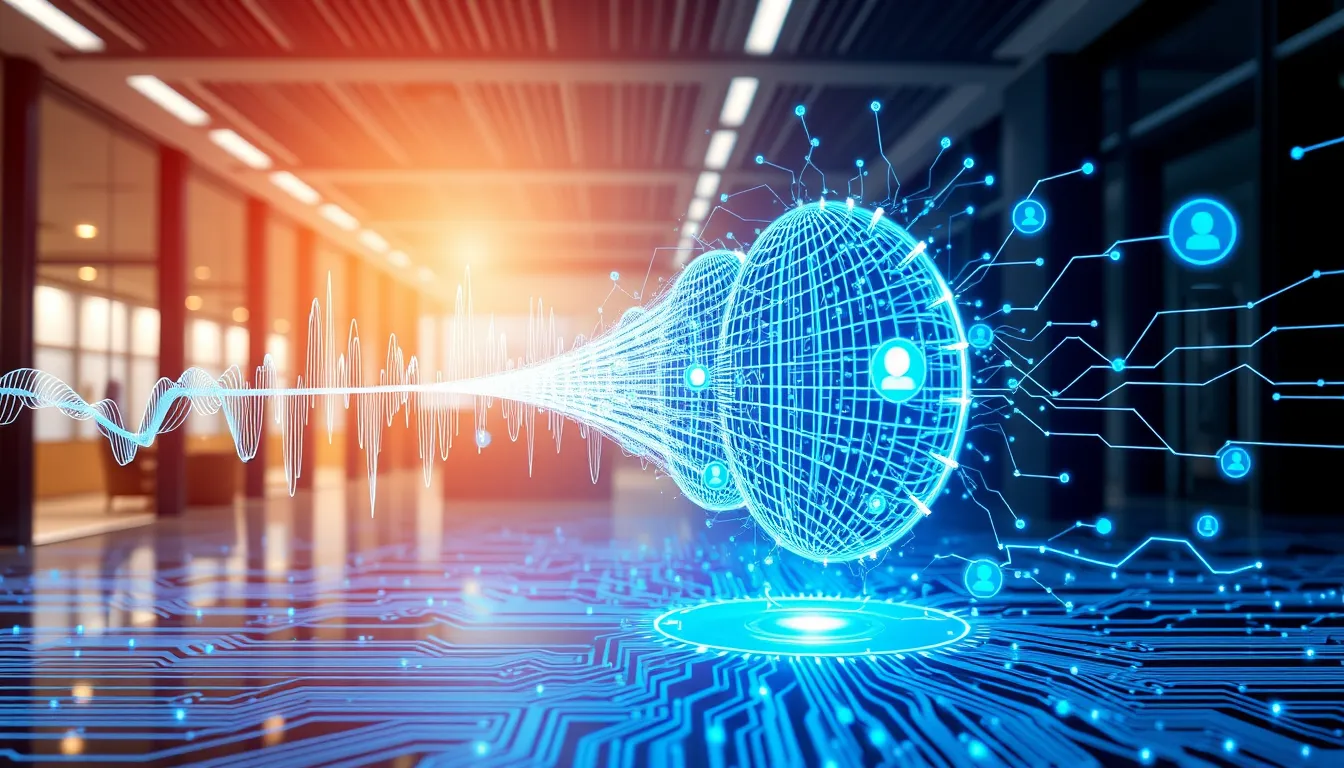Now Reading: Powerful AI in Healthcare Diagnostics: Boosting Patient Care
-
01
Powerful AI in Healthcare Diagnostics: Boosting Patient Care
Powerful AI in Healthcare Diagnostics: Boosting Patient Care

Powerful AI in Healthcare Diagnostics: Boosting Patient Care
The healthcare industry has experienced a dramatic transformation with the integration of artificial intelligence. AI in healthcare diagnostics is leading the way in accurate disease detection, patient care, and medical imaging. In this article, we explore how cutting-edge AI technologies are revolutionizing the field and delivering promise for a healthier future.
The Evolution of AI in Healthcare
Over the past decade, the incorporation of AI into health services has grown exponentially. Technologies that once belonged to the realm of science fiction are now a reality, helping doctors and clinicians diagnose and manage diseases more effectively. AI in healthcare diagnostics not only streamlines the process but also reduces the margin of error, ultimately contributing to improved patient outcomes.
The Role of Data and Machine Learning
The key to these advancements lies in data. Machine learning algorithms process vast amounts of data, analyze patterns, and provide insights that help medical professionals make informed decisions. This process facilitates early detection and personalized treatment plans, especially in cases such as cancer or rare diseases. With tools like these, healthcare providers are able to identify potential health risks before they become critical.
How AI Improves Diagnostic Accuracy
One of the strongest benefits of AI in healthcare diagnostics is its ability to enhance diagnostic accuracy. Implementing AI systems in medical imaging and disease prediction has led to significant improvements across several dimensions:
- Faster analysis of imaging scans such as MRIs and CT scans
- Increased detection rates even in early stages of illness
- Reduced subjective error through automated processes
- Streamlined workflows that allow for patient-specific treatment plans
By leveraging these advantages, medical facilities ensure that every patient receives timely and precise diagnoses. Insights derived from data and the increased automation levels enable doctors to devote more time to direct patient care rather than administrative tasks.
Addressing Challenges in AI Adoption
Despite the transformative potential of AI, several challenges remain. The integration of AI in healthcare diagnostics is subject to regulatory, ethical, and technical hurdles that require continuous evaluation and refinement.
Ethical and Privacy Considerations
Privacy and data security continue to be at the forefront of concerns as sensitive patient data is used to train AI systems. Strict measures are necessary to ensure compliance with health regulations such as HIPAA in the United States and similar laws worldwide. Additionally, transparency in AI decision-making processes is essential for maintaining trust between patients and healthcare providers.
Technical and Integration Barriers
For healthcare organizations, integrating new AI systems into existing infrastructures can be challenging. Cost, training, and technological compatibility are important factors. However, as more institutions adopt advanced technologies, best practices are emerging that pave the way for smoother transitions.
Future Trends and the Impact on Patient Care
The future of AI in healthcare diagnostics looks incredibly promising. With the continuous evolution of deep learning and neural networks, we can expect even more accurate results and faster processing times. Innovations in wearable technology and remote monitoring systems are poised to complement traditional diagnostic methods, making healthcare more accessible.
- Enhanced predictive analytics for proactive disease management.
- Broader integration of AI tools in daily clinical practice.
- Increased collaboration between tech firms and healthcare providers to co-create innovative solutions.
The integration of AI in healthcare diagnostics is not without its challenges, but the potential benefits far outweigh the issues. Medical imaging and data analysis will continue to improve as more sophisticated algorithms are deployed, leading to better patient outcomes and more efficient health services.
Concluding Thoughts
In summary, AI in healthcare diagnostics is at the forefront of medical innovation. Through improved diagnostic accuracy, streamlined workflows, and the promise of future technology, AI is setting a new standard in patient care. The journey is just beginning, and as ethical and technical challenges are met, we are likely to see even more revolutionary changes in the industry.
For additional insights on the evolution and impact of artificial intelligence, you can visit the official OpenAI website or explore comprehensive articles on Artificial Intelligence.
The roadmap for integrating AI in clinical practice involves overcoming hurdles, continuous research, and collaboration between tech experts and healthcare professionals. As AI progresses, its role in diagnostics is expected to expand, ultimately benefiting patients through more accurate, timely, and personalized care.
The integration of AI in healthcare diagnostics serves as a beacon of modern medicine, demonstrating how innovation and technology can converge to improve human lives. With ongoing advancements and increasing trust in these systems, medical professionals are better equipped to deliver outstanding patient care, marking a definitive shift in healthcare practices worldwide.
In conclusion, embracing AI in healthcare diagnostics today means investing in a healthier and more efficient tomorrow. The promise of enhanced diagnostic accuracy, coupled with cutting-edge technology, makes it imperative for healthcare providers to adapt and innovate in this fast-evolving digital age.

























